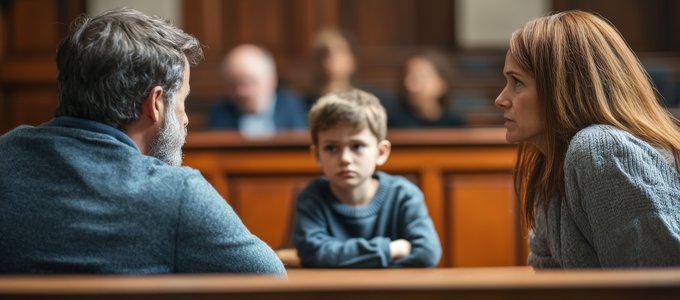Parental Responsibility

In the UK, Parental Responsibility (PR) refers to the legal rights, duties, and responsibilities that parents have in relation to their child. It is important for making decisions about the child's upbringing, such as education, health, wellbeing and where the child lives.
Who has parental responsibility?
-
Mothers automatically have parental responsibility.
-
Fathers have parental responsibility if:
-
They are married to the mother at the time of the child's birth.
-
They are named on the child's birth certificate (for children born after December 1, 2003).
-
They have obtained parental responsibility through a legal order (e.g., a parental responsibility agreement or a Live With order).
What does parental responsibility include?
-
The right to be involved in decisions about the child's life, such as:
-
Education (choosing schools, attending meetings).
-
Health (decisions regarding medical treatment).
-
Religion (deciding on religious upbringing).
-
Changes of name (requires the consent of both parents with parental responsibility).
-
Where the child lives (if the parents are separated or divorced).
Gaining Parental Responsibility
If a father does not automatically have parental responsibility, they can gain it by:
-
Signing a Parental Responsibility Agreement with the mother.
-
Obtaining a PR Court Order if the mother does not agree.
-
Obtaining a “Live With” Order
Shared Parental Responsibility
In most cases, both parents share parental responsibility. If parents are not together, both can still make decisions jointly, though in practice, one parent may have more involvement or control over decisions (depending on the circumstances).
If parents disagree on important decisions, they may need to resolve the issue through mediation and, ultimately the court.
Would you like to know more about how to apply for parental responsibility or any specific aspects of it?
If you believe you have a situation where you require legal advice, please contact us on telephone 0116 212 1000 or 01858 445 480, alternatively fill in the free Contact Us form and we will get in touch as soon as possible.
View all

